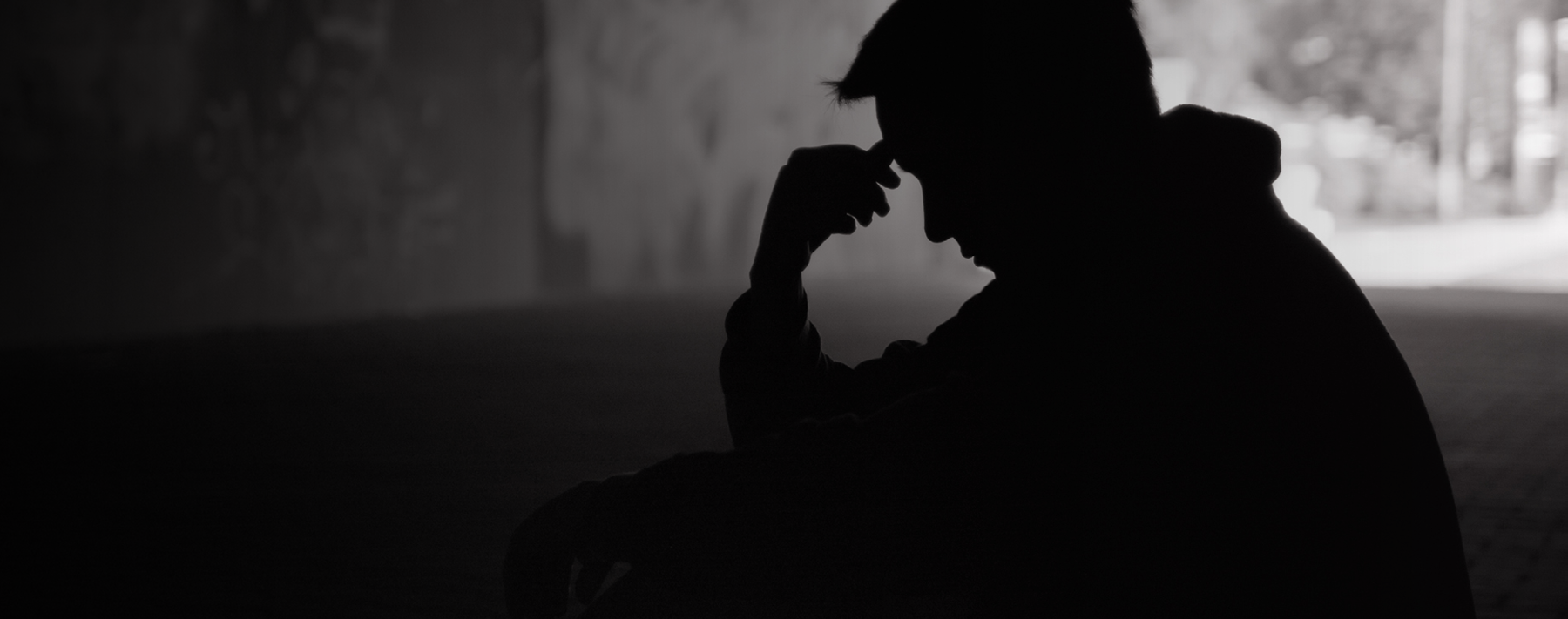United States v. Jones, 2022 WL 17592832 (6th Cir. 2022)
Officers responded to a call at 0300 HRS about an unknown disturbance at a gas station located next to a bar. They saw Donald Jones playing loud music from his SUV in the parking lot. The music was loud enough for the officers to feel the vibrations. Jones turned off the music and, as the officers drove around the gas station to check for other problems, he drove away. Officers followed Jones for a short distance and then stopped him.
While issuing a city noise ordinance violation, the officers smelled marijuana and asked Jones to step out of the car. An officer noted Jones had a large wad of cash in his fat wallet. Another officer noticed a loose access panel near the driver side floorboards, so he pulled off the panel and found plastic baggies and a digital scale. The officer then lifted the armrest of the center console and found a container with marijuana residue in it. The officer lifted the cupholders and found two loaded firearms and a glass jar with Tramadol pills, heroin and a fentanyl mixture.
Jones asked the trial court to suppress the evidence seized from the car. He claimed the stop was an illegal seizure, arguing the Fourth Amendment does not authorize stops based on a completed non-traffic misdemeanor offense. The trial court refused to suppress the evidence and the appellate court affirmed.
The best practice: Avoid a custodial arrest for misdemeanors not committed in the officer’s presence.
The court of appeals held that the stop of Jones’s car was reasonable under the Fourth Amendment. The Fourth Amendment permits an officer to warrantlessly arrest a person if the officer has probable cause to believe the suspect has committed a misdemeanor in the officer’s presence. Even the most minor, non-jailable offense committed in the officer’s presence can justify an arrest. In a case where an arrest stemmed from a seat belt violation, Atwater v. City of Lago Vista (532 U.S. 318 (2001)), the Supreme Court held, “When an officer has probable cause to believe a person committed even a minor crime in his presence, the balancing of private and public interests is not in doubt. The arrest is constitutionally reasonable.”
In Jones’ case, it did not matter that the offense ended when Jones turned the music off and drove away. The officers had witnessed a crime committed in their presence and the delay in the stop did not negate the probable cause to arrest. The court of appeals noted the offense need not even have been committed in the officer’s presence to satisfy the Fourth Amendment. The in-the-presence requirement “is not mandated by the Fourth Amendment; it is merely a rule of the common law” (United States v. Smith, 73 F.3d 1414, (6th Cir. 1996)). Notwithstanding, most states have codified the common law rule with statutes authorizing warrantless arrest for misdemeanors only when committed in the officer’s presence.
The best practice: Avoid a custodial arrest for misdemeanors not committed in the officer’s presence.



